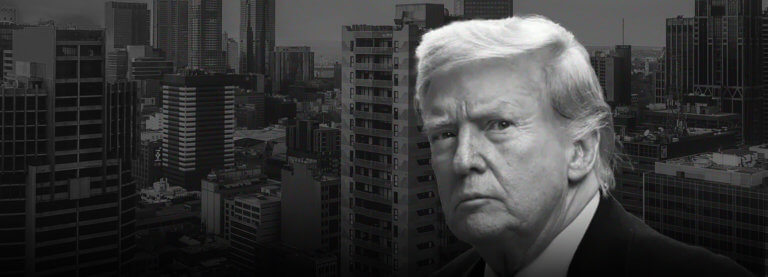
Voters exercise their right to choose who represents them in government because that’s the most efficient way to ensure that the “government of the people” is “by the people, and for the people,” as Abe Lincoln reiterated in the Gettysburg Address more than 150 years ago.
And yet, political scientist and Princeton professor Martin Gilens, along with co-author Benjamin Page, analyzed survey data from the past 30 years that tells a different story. Gilens and Page searched through decades of poll questions that highlighted whether a certain policy change before Congress was supported by average Americans, by wealthy Americans, and by organized special interests. They discovered that policies supported by the wealthiest elites and business lobbies became law between 60 and 70 percent of the time, compared to only 30 percent of the time for the majority of all voters.
Plus, the few proposals that actually ended up becoming law that had the support of most Americans, in all cases, were also supported by the richest elite and/or lobbying industries.
Translation: When the majority of Americans want Congress to make changes to laws, the data suggest that those changes must also be supported by the super rich and/or powerful lobbies in order to actually take effect.
However, the reverse does not ring true for the majority of us. When the wealthy elite and business lobbies are pushing for policy changes that are unpopular among average Americans, those changes still occur more often than not.
MinnPost summarized the experts’ findings after they spoke at the University of Minnesota’s Humphrey School’s Center for the Study of Politics and Government last week. One of the key points raised by Gilens was simple:
Only people with money or organized influence matter.
Perhaps the most shocking revelation of their analysis was the fact that wealthy donors, who make up less than 0.01 percent of the population (that’s one one-hundredth of one percent), accounted for 40 percent of all political contributions in 2012.
Paul Krugman, an economist at the New York Times, emphasized that the findings don’t paint a completely clear picture. The idea that the business and wealthy classes will always control policies regardless of who is in power isn’t true, and Krugman aims to point out the difference between party lines:
[I]t’s quite wrong to say that the parties’ behavior in office is the same. As Floyd Norris points out, Obama has in fact significantly raised taxes on very high incomes, largely through special surcharges included in the Affordable Care Act; and what the Act does with the extra revenue is expand Medicaid and provide subsidies on the exchanges, both means-tested programs whose beneficiaries tend to be mainly lower-income adults. The net effect will be significant losses for the super-elite–not crippling losses, to be sure, and hardly anything that will affect their elite status–and major gains to tens of millions of less fortunate Americans.
It’s important to shift the tide of the public conversation. When people talk of “reining in the government,” perhaps they should be referring to limiting the power of the few mega-rich elites who currently seem to have most of the say regarding what happens in legislation across the country.
Those changes would streamline the process of guaranteeing that we have a “government of the people, by the people, and for the people.”


